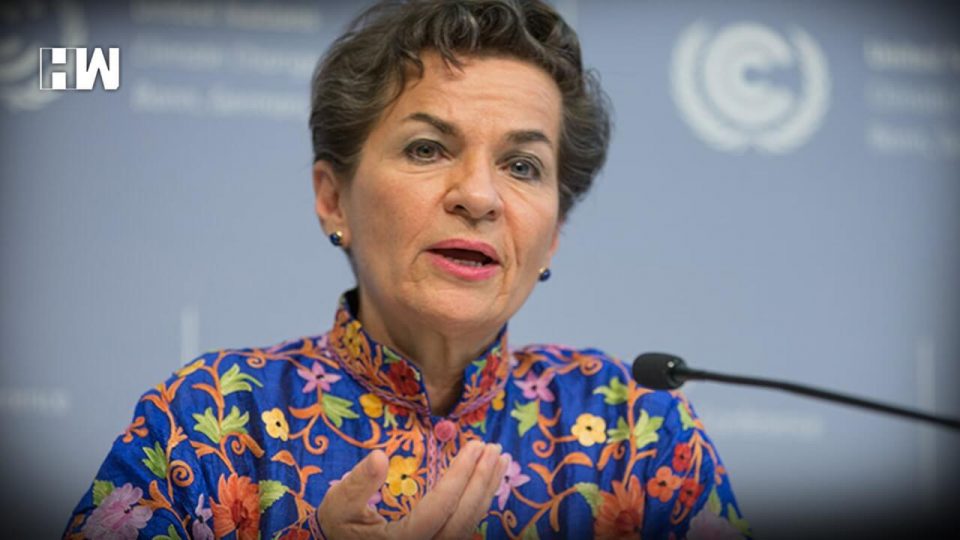New Delhi | There is a need for “public outrage” to press governments into action and make them adopt policies to mitigate climate change and treat air pollution as a medical emergency, said Christiana Figueres, the former UN official responsible for the 2015 Paris Climate Agreement.
She said doctors can play an important role in the society to deal with problem of climate change and be a powerful voice to raise awareness about the devastating health impacts of air pollution in India and put pressure on decision makers to clean up the air, tackle climate change and protect health of individuals.
“Air pollution is threatening the life and the quality of life of the current generation while climate change is threatening the life and the quality of life of the current and future generation. Hence there is a serious urgent responsibility to address both of these immediately so that we can lift some of the burden from the future generation,” Figueres said.
Stating that the Paris Climate Agreement is a global safeguard for human health, she said every country promised that in taking action to address climate change they would “respect, promote and consider their respective obligations on the right to health”.
“Today, more and more, health professionals are becoming clean air advocates – and urging policy-makers to adopt policies that improve the health of their constituents and mitigate climate change,” she said at the launch of ‘Doctors for Clean Air’ (DFCA) in the national capital on Tuesday.
Lung Care Foundation in partnership with Health Care Without Harm, launched ‘Doctors for Clean Air’ (DFCA), wherein 12 medical associations, representing over 1.5 lakh specialist doctors across India, pledged to be advocates for clean air.
Dr Arvind Kumar, Founder and Managing Trustee of the Lung Care Foundation, said that it was time for medical professionals to lend their voice for raising awareness about the devastating health impact of air pollution through their interactions with patients.
The UN’s recent recognition of air pollution as a key risk factor for non-communicable diseases (NCDs), adding it as an environmental risk along with tobacco, alcohol, unhealthy diets and physical inactivity as the historical group of risk factors responsible for NCDs, establishes the global menace of poor air and its health impacts, Dr Kumar said. He added declining air quality correlates with increased risk of heart disease, lung cancer, and respiratory disorders, such as asthma and COPD.
He said initiatives like the DFCA plan on influencing unions and state level policy makers, administrators on the magnitude of the problem making air pollution a national health issue.
Dr KS Reddy, President, Public Health Foundation of India (PHFI) said, “As care providers who are confronted regularly with rising burden of many diseases resulting from air pollution, doctors have to become energetic advocates for clean air. The medical community is best positioned to communicate the gravity of this public health emergency to the policy makers and the public.”
As an independent media platform, we do not take advertisements from governments and corporate houses. It is you, our readers, who have supported us on our journey to do honest and unbiased journalism. Please contribute, so that we can continue to do the same in future.

